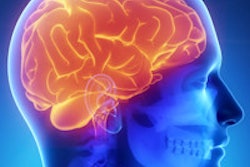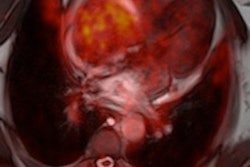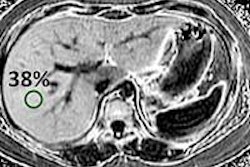MRI-guided focused ultrasound treatment was able to decrease symptoms of Alzheimer's disease in mice, according to a new study funded by the U.S. National Institutes of Health (NIH).
A research team led by Kullervo Hynynen, PhD, of Sunnybrook Research Institute in Toronto, found that MRI-guided focused ultrasound of the hippocampus in transgenic mice yielded improvements in cognition and spatial learning. The researchers believe these gains were potentially attributable to reduced plaque and increased neuronal plasticity from the focused ultrasound treatment.
The team used transgenic mice with a genetic variant that results in increased plaque on their hippocampus. These mice also display symptoms associated with Alzheimer's, such as memory impairment and learning reversal. MRI-guided focused ultrasound with a microbubble contrast agent was used to open the blood-brain barrier and treat both sides of the hippocampus in both transgenic mice and control mice.
In addition to the benefits of improved cognition and spatial learning for the transgenic mice, the technique did not cause tissue damage or negative behavioral changes in either the transgenic mice or control mice. Furthermore, both groups of mice showed increased neuronal plasticity, according to the researchers.
Dr. Steven Krosnick, program director at NIH's National Institute of Biomedical Imaging and Bioengineering, said in a statement that the research is an exciting step in the search for Alzheimer's treatments. He cautioned, however, that there are limitations in the memory tests that can be done with mice, and that human cognition is significantly more complex.
"Hopefully these results will open doors to more research on how MR imaging-guided focused ultrasound could benefit cognition and perhaps be magnified by using other therapeutics in conjunction with this method," he said.




















